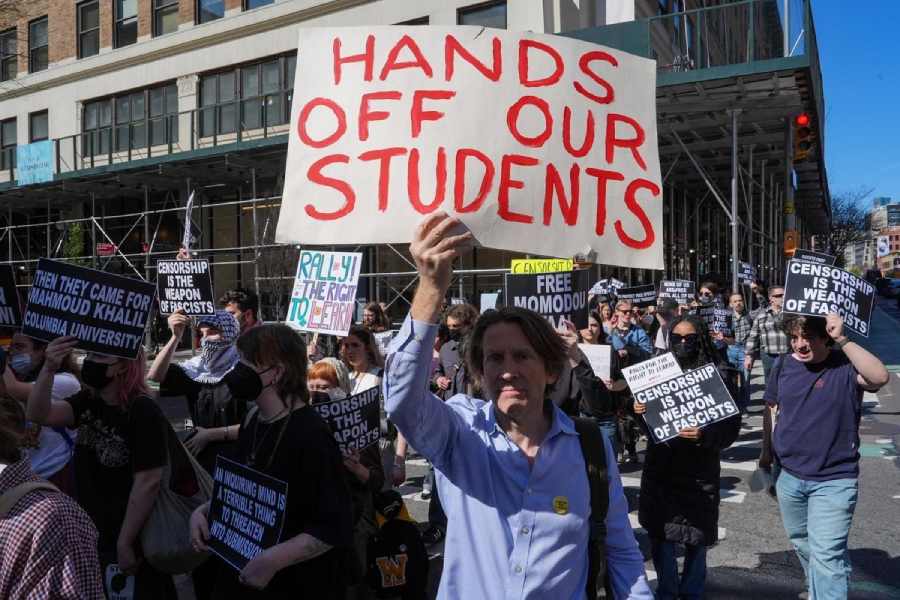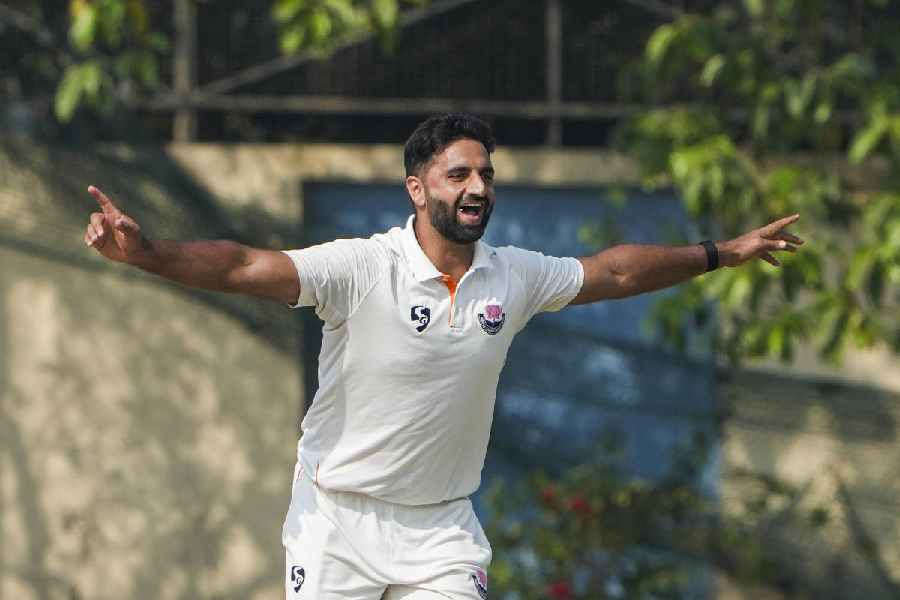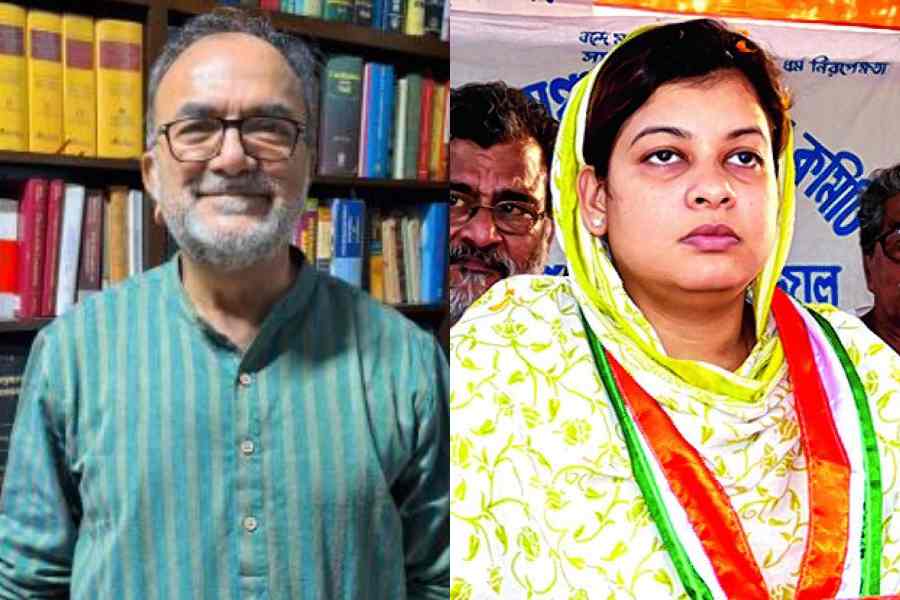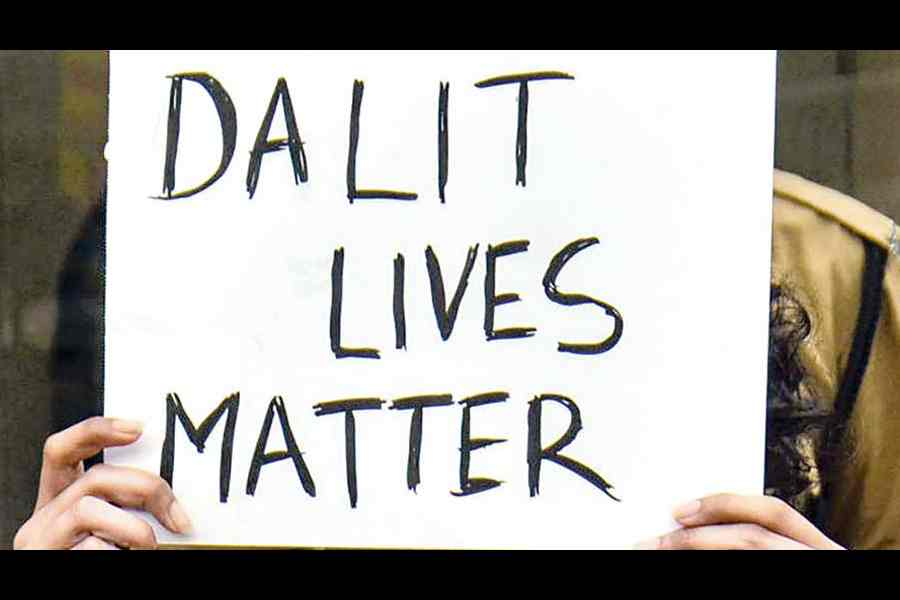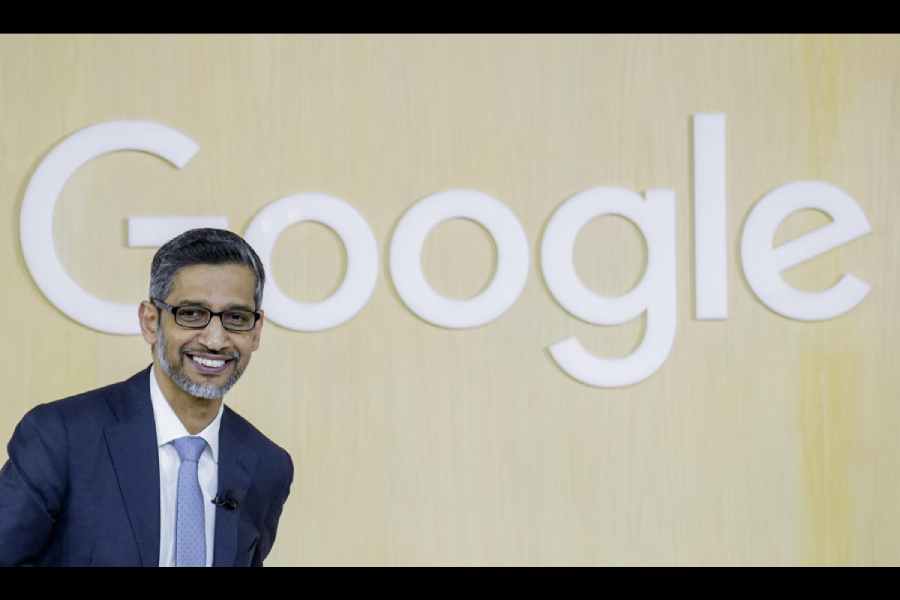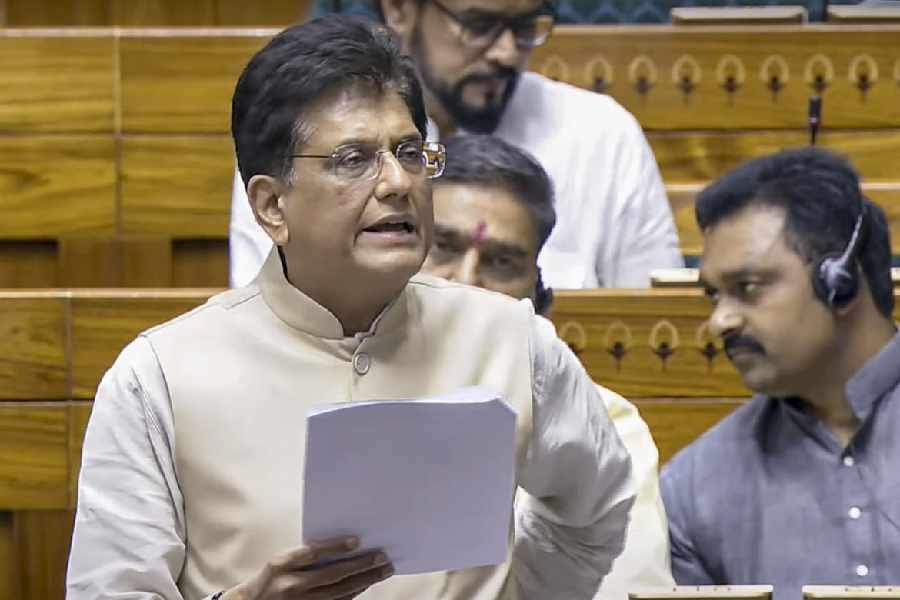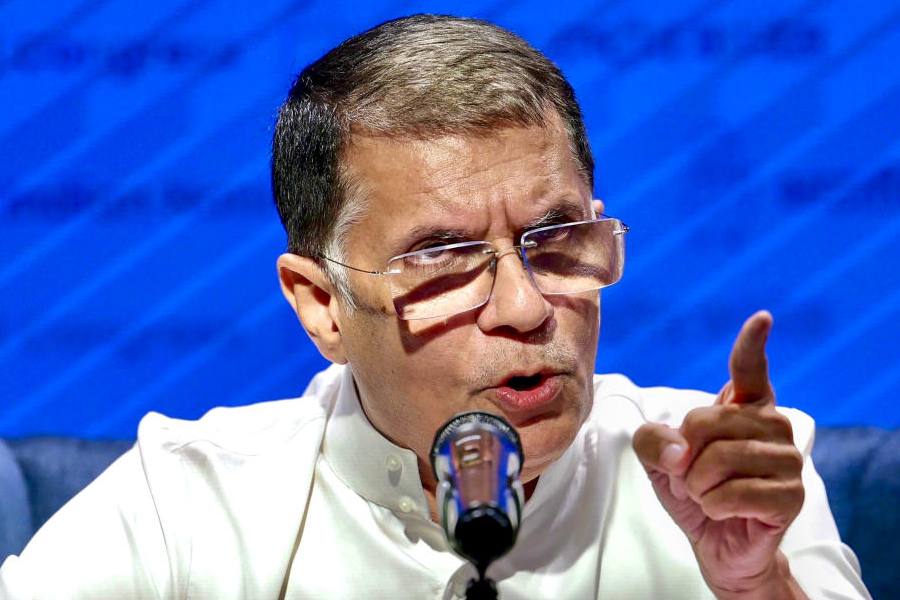Imagine a fortress, not of stone and steel, but of thought and discovery. This is the American university system — a global citadel of innovation, attracting the world’s brightest minds, fuelling economies, and shaping the future. For decades, it has stood as the nation’s most unassailable competitive advantage, a testament to the power of open inquiry. Yet today, this very fortress finds itself besieged, not by foreign rivals, but by forces from within. A chilling internal offensive, marked by vitriolic rhetoric and policies calculated to cripple, is underway, threatening to dismantle a cornerstone of American power and identity. This is not merely an academic debate; it is shaping up to be an intellectual civil war, with the soul of American knowledge itself hanging in the balance.
The sheer scale of American academic dominance is staggering. Home to just a fraction of the world’s population, the United States of America hosts nearly three-quarters of its top-ranked universities. These institutions are far more than ivy-clad campuses; they are launchpads for technological revolutions, laboratories for life-saving cures, training grounds for critical thinking, and powerful magnets for international talent. This dominance translates directly into economic vitality and immense global soft power. It is a strategic asset built over generations, nurtured by investment and predicated on a fragile consensus supporting academic freedom.
But that consensus is fracturing under the weight of a calculated onslaught.
The forensic dissection of political rhetoric, amplified by Donald Trump’s administration and resonating through conservative movements, reveals a deliberate strategy to delegitimise higher education. Universities and their faculties were, and continue to be, framed not as essential contributors to national progress but as hostile citadels of ‘radical’, ‘out-of-touch’ elites peddling ‘woke’ ideologies antithetical to American values. This narrative, relentlessly hammered home through rallies, social media, and sympathetic news outlets, casts scholars as adversaries, intellectuals as suspect, and critical inquiry itself as a form of subversion. The call to ‘aggressively’ attack universities isn’t hyperbole — it’s a blueprint.
This rhetorical war provides air cover for tangible policy assaults. The most direct front is financial. Efforts to freeze or slash federal research grants and undermine student loan programmes strike at the operational heart of these institutions. Basic research — the patient, often unpredictable, exploration that yields long-term breakthroughs — becomes an early casualty. When funding streams grow uncertain, ambitious projects stall, promising researchers look elsewhere, and the intricate ecosystem of discovery begins to wither. The proposed cuts aren’t mere budget lines; they threaten to dim the torch of American innovation. This is not fiscal prudence; it is the strategic defunding of the nation’s intellectual infrastructure.
Beyond finances, the battle extends deep into the classroom and the core principles of academic freedom. Legislative efforts aimed at controlling curricula under the guise of ensuring ‘patriotic’ education or combating alleged biases seek to impose political litmus tests on teaching and scholarship. Tenure, the bedrock protection enabling academics to pursue controversial research and speak uncomfortable truths without fear of retribution, faces sustained attacks. Diversity, equity, and inclusion initiatives, designed to broaden access and enrich the learning environment, are caricatured and targeted, serving as proxies for broader assaults on the university’s perceived liberal leanings.
The urgency intensifies when we recognise this pattern. The Trump era’s populist nationalism, with its suspicion of expertise and established institutions, found fertile ground in academia. Universities, embodying reasoned debate, evidence-based analysis, and tolerance for complexity, stood in stark contrast to a political style favouring simplistic narratives, loyalty tests, and the dismissal of inconvenient facts as ‘fake news’. Casting professors as ‘enemies’ aligns neatly with a worldview built on the resentment of cultural elites. The assault on universities became part of a larger project to reshape America’s information landscape, discrediting independent centres of knowledge and elevating politically expedient narratives over objective inquiry.
The moral stakes could not be higher. At its core, this conflict is about the kind of society America aspires to be. Will it remain a nation that values free inquiry, even when it challenges cherished beliefs or political agendas? Or will it police thought, enforce conformity, and silence dissenting voices within its most vital centres of learning? An informed, questioning public isn’t a threat to democracy — it’s the foundation it stands on. To attack universities for fostering critical thought is to attack the engine of democracy itself. The campaign against higher education is, ultimately, a campaign against the informed public square.
Beneath the political manoeuvring lies a deeper philosophical schism. This assault weaponises a latent anti-intellectual streak in American culture with unprecedented ferocity. It represents a distrust of the Enlightenment project — the belief that reason, evidence, and open debate are paths to progress. By casting doubt on scholarly expertise and promoting alternative ‘truths’ rooted in political allegiance, it corrodes the shared basis of reality necessary for any society to function. It asks us to choose between knowledge and fealty.
The consequences ripple outward, threatening a cascade of decline. A diminished university system means a less innovative economy, ill-prepared to compete globally. It invites a brain drain as talent seeks environments conducive to free inquiry. It risks a populace more susceptible to misinformation, less equipped to tackle challenges like climate change or geopolitical instability. It tarnishes America’s image abroad, eroding the soft power derived from its academic institutions. This is not trimming institutional fat; it is invasive surgery on a vital national organ without anaesthesia.
The path forward demands a robust defence of academic freedom and a recognition of the university’s indispensable role. This is not a call for uncritical acceptance of academia’s flaws: institutions must remain open to scrutiny and reform. But it is a plea to distinguish constructive criticism from destructive crusades fuelled by political animosity.
To allow our universities — these complex, vital crucibles of knowledge — to be systematically weakened by ideological warfare would be an act of profound national self-harm. The fortress of American thought is under siege. Its defence is crucial not only for education but also for the future of the American experiment itself.
Debashis Chakrabarti is a political commentator and Commonwealth Fellow (UK)

